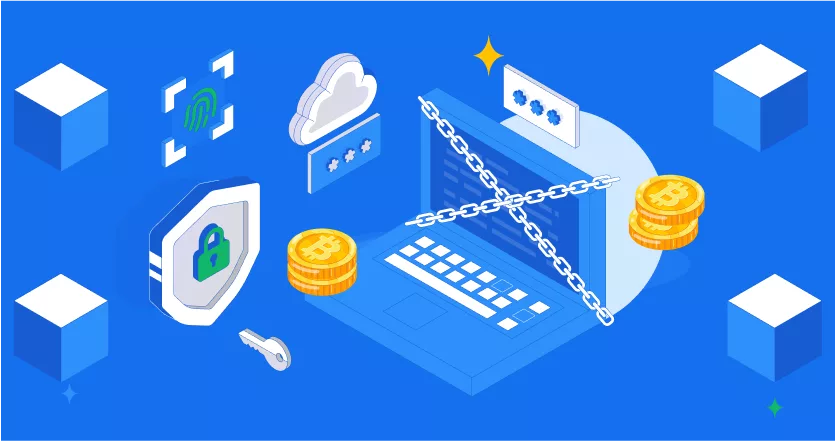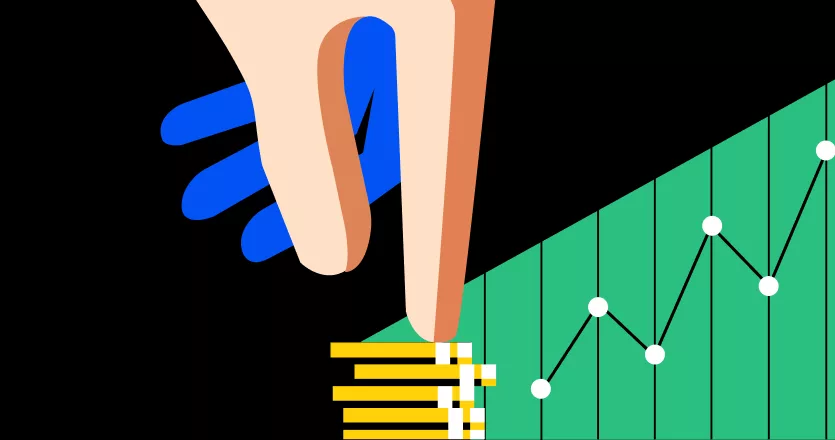
Bitcoin, often referred to as digital gold, has become a prominent asset in the world of finance. The pioneer of cryptocurrencies, has garnered significant attention as a decentralized digital asset. Before diving into how to buy Bitcoin, let’s explore its history, creation, and fundamental workings.
What is Bitcoin?
Bitcoin is a decentralized digital currency that operates on a peer-to-peer network known as blockchain. It was created in 2008 by an anonymous person or group using the pseudonym Satoshi Nakamoto. Bitcoin is designed to be a decentralized alternative to traditional fiat currencies, allowing for secure and transparent transactions without the need for intermediaries like banks.
How Bitcoin Works:
- Blockchain Technology: Bitcoin transactions are recorded on a public ledger called the blockchain. This ledger is decentralized and maintained by a network of nodes (computers) that validate and confirm transactions through cryptographic algorithms.
- Mining: New bitcoins are created through a process called mining, where miners use powerful computers to solve complex mathematical puzzles. This process secures the network and validates transactions. Miners are rewarded with newly minted bitcoins for their efforts.
- Wallets: Bitcoin is stored in digital wallets, which can be software-based (online or mobile wallets) or hardware-based (physical devices). Each wallet has a unique address, similar to a bank account number, where bitcoins can be sent and received.
Now, let’s delve into the step-by-step guide to buying your first Bitcoin.
Step-by-Step Guide
Now that weve explained what Bitcoin is and how it works, we can move on to our step-by-step buying guide.
Step 1: Choose a Bitcoin Exchange
Select a reputable cryptocurrency exchange where you can buy, sell, and trade Bitcoin. Popular exchanges include Coinbase, Binance, Kraken, and Gemini.
Step 2: Create an Account
Sign up on the exchange platform by providing your email address, creating a password, and verifying your identity. This may involve submitting identification documents to comply with regulatory requirements.
Step 3: Secure Your Account
Enable two-factor authentication (2FA) for added security. This typically involves receiving a verification code on your mobile device whenever you log in or perform certain actions on the exchange.
Step 4: Deposit Funds
Deposit funds into your exchange account using methods like bank transfer, credit/debit card, or other cryptocurrencies. Ensure you are aware of any fees associated with deposits.
Step 5: Buy Bitcoin
Navigate to the trading section of the exchange and select Bitcoin (BTC) as the asset you want to buy. Enter the amount of Bitcoin you wish to purchase and review the transaction details, including fees and exchange rates.
Step 6: Complete the Purchase
Confirm the purchase, and the Bitcoin will be credited to your exchange account. You can keep your Bitcoin in your exchange wallet or transfer it to a secure external wallet for added security.
Secure Storage of Your Bitcoin (BTC)
After acquiring Bitcoin (BTC), ensuring its safe and secure storage is paramount.
1. Choose the Right Wallet
Hardware Wallets: Consider using a hardware wallet like Ledger Nano S, Trezor, or Ledger Nano X. These devices store your private keys offline, providing the highest level of security.
Software Wallets: If using a software wallet, opt for reputable options like Exodus, Electrum, or Mycelium. Ensure your software wallet is updated regularly to patch any vulnerabilities.
2. Set Up Your Wallet Securely
Backup Your Wallet: Create a backup of your wallet’s recovery phrase and store it in a secure location offline. This recovery phrase is crucial for restoring access to your funds if you lose your device or encounter technical issues.
Enable Two-Factor Authentication (2FA): If your wallet supports 2FA, enable it for an additional layer of security, especially for software wallets.
3. Keep Your Private Keys Secure
Never Share Your Private Keys: Your private keys should never be shared with anyone. Keep them confidential and avoid storing them digitally or online where they can be compromised.
Use Secure Passwords: Choose strong, unique passwords for your wallets and avoid using easily guessable information.
Key Considerations
Security: Choose a reputable exchange with strong security measures. Keep your account credentials, including passwords and 2FA codes, secure.
Fees: Be mindful of transaction fees charged by the exchange. These fees may vary based on the payment method and transaction size.
Wallet Security: Consider transferring your Bitcoin to a secure external wallet (hardware or software) for long-term storage. Ensure you back up your wallet’s recovery phrase in a safe place.



